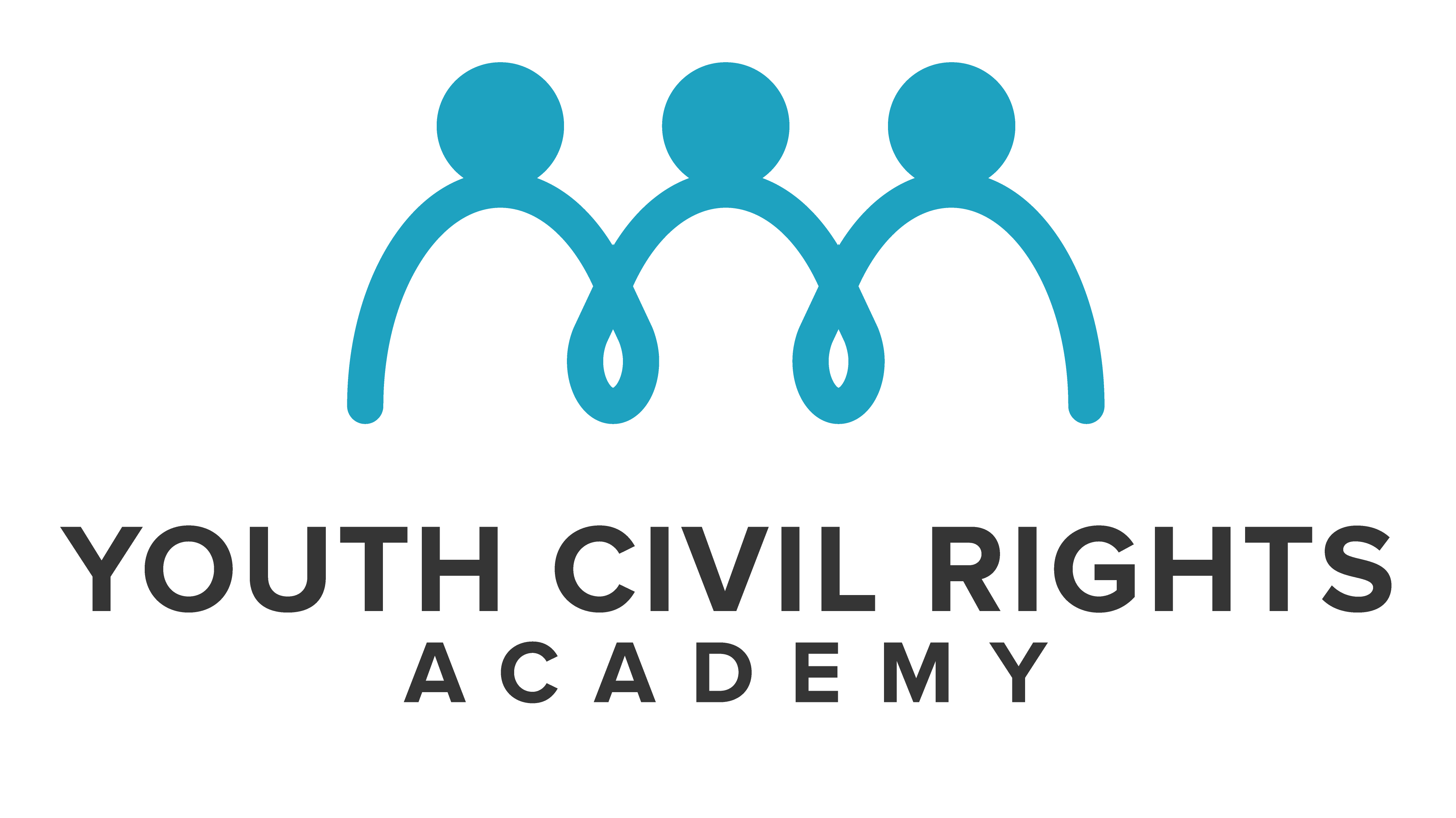
Youth Voice and Storytelling
Do You Have a Right to Speak for Yourself?
Youth voice is when young people speak for themselves about the issues that concern them and have real influence in the institutions and decisions that affect their lives.
The Universal Declaration of Human Rights, Convention on the Rights of the Child, and US Constitution affirm that young people have a right to think for themselves, say what they think, and join together with others who share their concerns.
At present, however, too many adults practice “adultism,” the belief that they are better than young people and entitled to act upon them because of their age. This can cause young people to accept adults’ definition of them, question themselves and become silent, not because they have withdrawn, but because adults have silenced them. Youth voice is about the power of young people, and when they become aware that they actually have power, after being conditioned to believe that they do not, it can be transformational, even revolutionary.
There are many strategies to help young people find their voice and speak for themselves, as follows:
FREEDOM OF SPEECH
- Freedom of Expression, Online: Outlining the First Amendment for Teenagers
- Should Free Speech Protections Include Self Expression That Discriminates?
- Freedom of Speech? A Lesson on Understanding the Protections and Limits of the First Amendment
- Freedom of Speech and of the Press Lesson Plans for the Classroom
- Understanding Concept Formation Lesson Plan
- The First Amendment and Our Freedoms
MAKING THE CASE
Making the case is about speaking in support of something and causing others to see it your way. Persuasion is about having a clear purpose and explaining why the issues are important to others.
TALKING POINTS
Talking points are statements which are convincing to others. The information is persuasive enough to enable them to understand their self-interest and move them to action.
ELEVATOR SPEECH
This is a one-minute talk in which a person practices how to make the case to someone. Imagine that you meet someone on an elevator, and have only 2-3 minutes to make the case. Introduce yourself, present your idea, and suggest how they might help.
PUBLIC SPEAKING
You have a right to think for yourself and say what you think, to both individuals and also to groups. “Public speaking” is — whether with a few friends in the hallway or hundreds of them in a school assembly — is not accidental, but rather takes preparation, knowing what to say and why it is important, and how to communicate with target groups.
STORYTELLING
Storytelling is an authentic way for young people to express what they experience, observe, or hear about in their everyday lives. Young people are the foremost experts on their own stories, and their own narratives put a human face on the process.
Storytelling Resources for Teachers:
- 6 Rules of Great Storytelling (As Told by Pixar)
- The Art of StoryTelling – Envision
- Storytelling for change on Michigan Online by Anita Gonzalez
- Storytelling and Social Change: A Strategy Guide
- Youth Activists Toolkit
- Working Narratives Story Guide
- Amplifier Design Lab
- S is for Storytelling: A Primer for Future Activists
- Story Arts: Storytelling Activities & Lesson Ideas
- PBS Storytelling: Oral Traditions
- Oral Storytelling Unit
DIGITAL STORYTELLING
Social media is a powerful way to reach many people over long distances and the boundaries that separate us. Segregation keeps us apart, for example, but social media can transcend our isolation and communicate with people who are different from ourselves. It is no substitute for face-to-face relationships, but is a vehicle for successful activism, nonetheless.
- Creative Educator Digital Storytelling Lessons
- Toolkit for Digital Storytelling
- A Toolkit for Digital Civics
- Educators Help Students Leverage the Power of Digital Civics
- digitalcommons.uri.edu › cgi › viewcontent
The academy aims to prepare a new generation of civil rights leaders. For more information contact Barry Checkoway ([email protected]).

